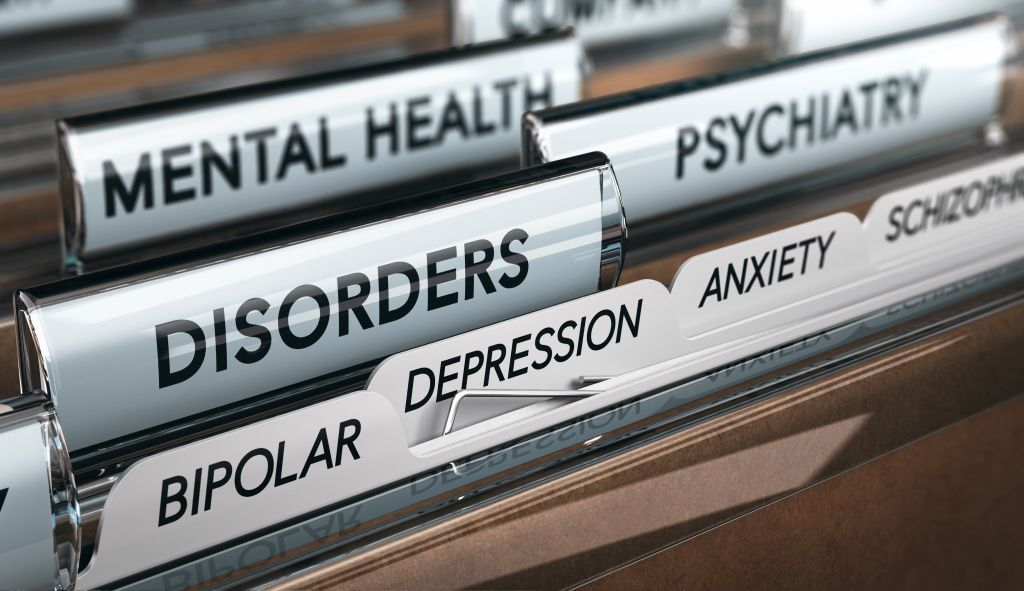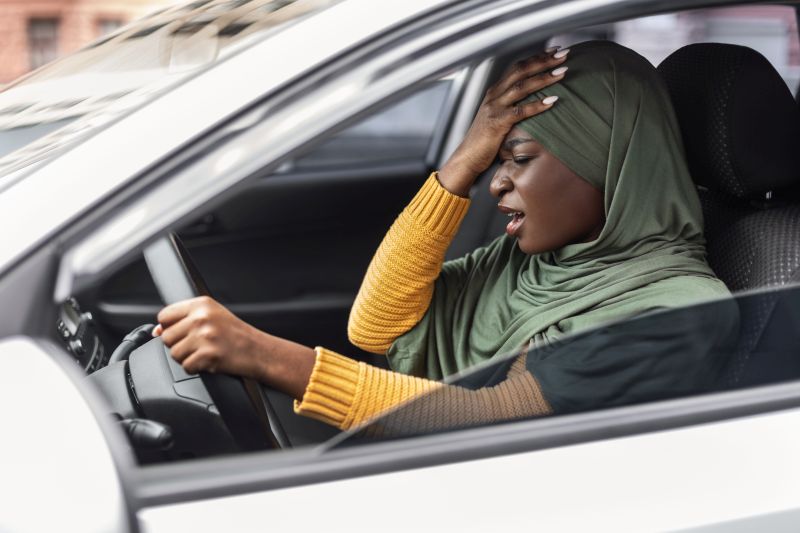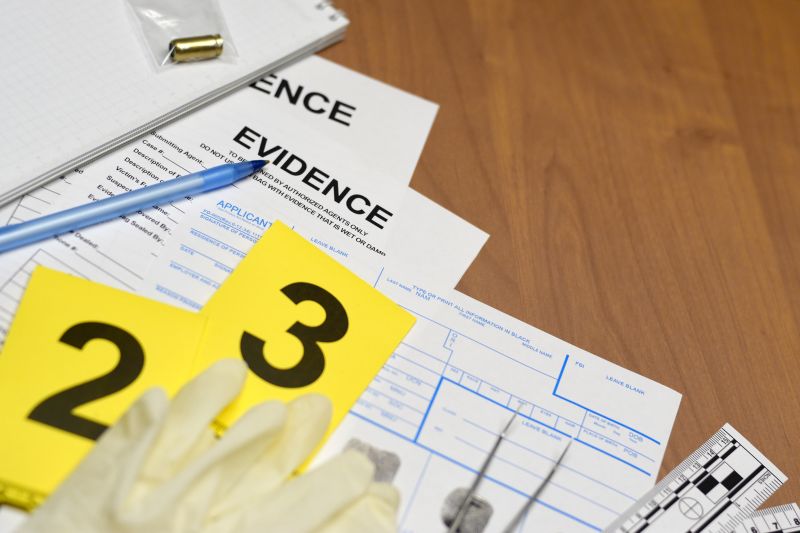Who Pays the Bills? Detailed overview of how your personal injury settlements are distributed. A…

Most Common Mental Health Issues That Are Caused By Auto Accidents
Most Common Mental Health Issues That Are Caused by Auto Accidents
Most people focus on their financial setbacks and recovering from physical injuries following a catastrophic vehicle accident. While very common, these are not the only type of damages related to a motor vehicle collision.
Mental and emotional damages are just as detrimental as financial stress, and as painful, if not more, as physical injuries. Many survivors of car collisions suffer serious and sometimes long-term mental health problems.
While some forms of emotional anguish and/or sadness disappear with time, others can last for years and have a significant and negative influence on your relationships, career, productivity, and overall health.
Please do not feel alone if you are feeling stress on your mental health. You do not have to cope on your own. You should prioritize mental health struggles the same way you would with any physical damages from the collision. Always seek the advice of a physician or psychiatrist. They may recommend coping techniques, counseling, and other proper resources in aiding your mental health.
1. Acute and Post-Traumatic Stress Disorder
The most frequent mental health concern faced by survivors of vehicle accidents is Post-Traumatic Stress Disorder (PTSD). According to the American Psychological Association, car accidents are the leading cause of PTSD in the general (non-military) population. PTSD symptoms are present in Acute Stress Disorder (ASD). However, main difference is that the PTSD symptoms are longer than 4 weeks and can last up to years. ASD is short-term, but they do share similarities.
Symptoms of Post-Traumatic Stress Disorder
PTSD manifests differently in each person and may not fully appear until weeks after the collision, which can make diagnosis difficult. If any of the following apply to you, you may be suffering from PTSD:
-
- Have recurring thoughts and flashbacks of the accident
- Experience emotional numbness and difficulty connecting
- Avoid people, places, or activities that remind you of the crash
- Are constantly alert, hyper-vigilant, and/or paranoid
Seeking Help: Untreated PTSD Has Serious Side-Effects
If you try to deal with Post-Traumatic Stress Disorder on your own could result in life-long PTSD. If you to continue to live untreated, your health can result in:
-
- Anger management issues
- Loneliness and depression
- Suicidal thoughts
- Traumatizing flashbacks,
- Difficulty using personal transportation
- Hallucination and/or perceived treats
Never believe mental health will just get better on its own. Supporting and nurturing your disorder is the first step in recovery and understanding mental trauma more clearly.
While certain disorders, such as ASD, are less severe, they can nevertheless have a significant influence on your life. Seek professional help if you recognize any of these symptoms in your life.
2. Persistent Anxiety
People tend to feel little-to-mild worries and concerns for months after a traumatic event. The National Institutes of Health (NIH) further notes that moderate to severe anxiety can last for weeks or even months.
Following an automobile accident, females are particularly vulnerable to chronic anxiety, with about 70% reporting high levels of anxiety in the first month and nearly 15% continued suffering moderate levels of anxiety 6-8 months later.
Anxiety Can Cause Other Health Issues
Anxiety may severely impact your daily life, as anyone with a generalized anxiety disorder will attest. People who feel anxiety due to a specific event, such as a vehicle accident, may experience extra adverse effects. For instance;
- Phobias: According to the National Institutes of Health, approximately 40% of crash survivors have lasting phobias about driving and being in a car. Others suffer from dystychiphobia, or the fear of being in an automobile accident, and are afraid of individuals or places associated with their accident.
- Panic Attacks: Car crash survivors might have panic attacks triggered by sights, sounds, or even smells that remind them of the crash.
- Sleep Disorders: Victims with high levels of anxiety are more likely to have sleeping problems and be more fatigued than usual. Hypervigilance and an unwillingness to relax, as well as frequent nightmares and flashbacks, can cause sleep disturbances and/or disorders.
- Physical Symptoms: Dizziness, headaches, nausea, chest pain, and muscle tension are all physical symptoms that can be caused by prolonged or frequent anxiety. Anxiety can also worsen conditions like asthma, high blood pressure, heart disease, and can weaken your immune system.
How to Cope with Anxiety After a Car Crash
Unfortunately, many people do not take anxiety seriously, and they may not even realize how their anxiety is steadily hurting their lives. Anxiety is not the same as stress and seeking help doesn’t indicate you are “not strong enough” to handle it on your own. Fortunately, as more individuals acknowledge anxiety as a legitimate mental health issue and seek treatment, these myths are steadily dissipating.
Anxiety affects about 20% of adults in the United States, making it the most frequent mental health problem in the country. Please do not hesitate to seek advice from your doctor or another medical expert if you are having extended anxiety or anxiety attacks because of a car accident.
3. Major Depressive Disorder
Depression, often known as major depressive disorder (MDD), is a mental health problem that affects both crash victims and the public. Depression is frequently linked to the pain and suffering caused from a car accident. MDD can also cause setbacks insidiously and the victim may not know until months have passed that they are suffering from the disorder.
Warning Signs of Major Depressive Disorder
Depression is a serious issue. If you are experiencing a combination of these symptoms after being in a car crash, you should speak to a psychologist as soon as possible.
-
- Daily fatigue and lack of energy
- Feelings of guilt or worthlessness
- Lack of enjoyment or interest in activities
- Recurring suicidal thoughts
- Decreased concentration
- An inability to sleep or difficulty waking up
- Irrational irritability or anger
- Significant weight loss or gain
Why Is Depression Common After a Car Crash?
Some physical injuries make it difficult for victims to work, exercise, or engage in everyday activities, such as playing with their children. It’s understandable if you become depressed if you’re suddenly unable to participate in things you used to enjoy due to pain or a disabling injury.
Similarly, the stress and worry that victims feel about the financial consequences of their vehicle accident can lead to depression. Furthermore, many victims who suffer from anxiety or PTSD also suffer from depression, and pharmaceutical drugs can also be used to treat depression. If you think you might be suffering from depression, consult with a healthcare professional right away to get the help you need.
Contact WEIERLAW if you’d like to speak with an attorney about your claim here.



